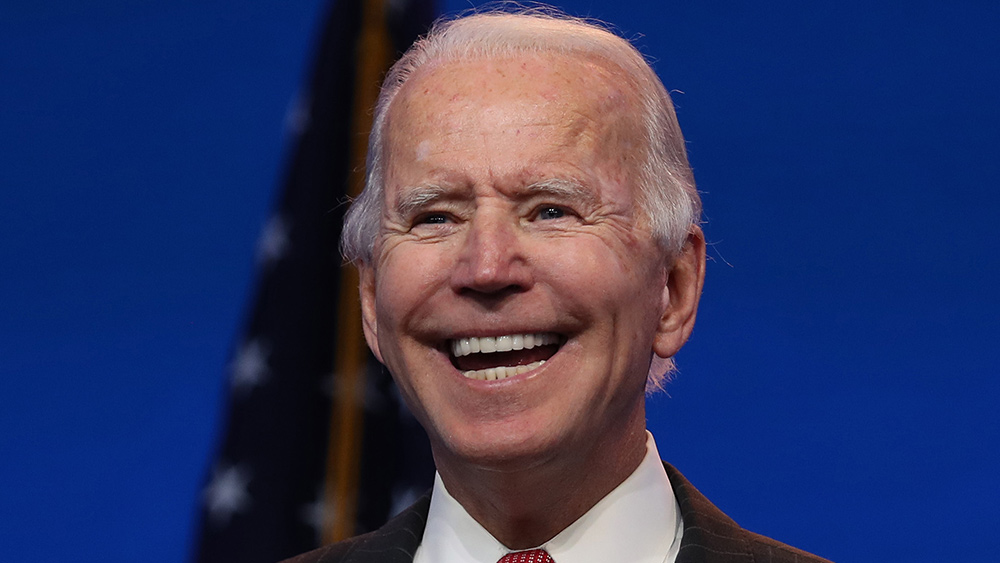
Supporters of Sen. Bernie Sanders, I-Vt., who ran an unsuccessful campaign for the Democratic presidential nomination last year, got some satisfaction from a federal judge this week when he ruled that the party and its then-boss, Rep. Debbie Wasserman Schultz of Florida, indeed cheated in order to anoint Hillary Clinton as the party’s eventual nominee.
Then Judge William Zloch said despite that, there isn’t anything he can do about it.
As reported by the New York Observer, Sanders supporters filed suit against the Democratic National Committee and Wasserman Schultz in June 2016, claiming they were defrauded out of millions of dollars in campaign contributions after learning through news reports that the party and its chief rigged the nomination process, against the DNC’s published rules.
Even former Senate Minority Leader Harry Reid of Nevada, now retired, admitted that the party gave Sanders a raw deal. “I knew — everybody knew — that this was not a fair deal,” he told The Hill in July 2016.
That very well may be, Zloch said in his ruling. But despite that, federal courts were in no position to pass judgment, he noted. So he has dismissed the suit following several months of litigation, in which lawyers for the DNC had been arguing the party has every right to rig its own primaries and select a candidate of its choosing. (Related: DNC admits in court that it rigged the nomination process to get Hillary on the ballot.)
“In evaluating Plaintiffs’ claims at this stage, the Court assumes their allegations are true—that the DNC and Wasserman Schultz held a palpable bias in favor Clinton and sought to propel her ahead of her Democratic opponent,” Zloch wrote.
Of that startling admission, which was nonetheless devoid of satisfaction for Sanders supporters, the Observer noted:
Though this assumption of a plaintiff’s allegation is inherently taken to be true in a class action lawsuit, the court’s decision reflects a dire state of democracy in this country where the DNC’s own rules in holding primary elections is out of the court’s hands, proving the DNC attorney’s claims that the DNC is within their right to rig primaries.
Dire state, indeed.
Zloch went onto explain why the court could not grant Sanders plaintiffs monetary relief.
“The Court must now decide whether Plaintiffs have suffered a concrete injury particularized to them, or one certainly impending, that is traceable to the DNC and its former chair’s conduct—the keys to entering federal court. The Court holds that they have not.” He also said the case did not fall within his jurisdiction. “Federal courts are courts of limited jurisdiction, possessing ‘only that power authorized by Constitution and statute.’”
Zloch noted further that the DNC and Wasserman Schultz considered the party’s promise of “impartiality and evenhandedness” in selecting nominees to be mere political rhetoric and as such not enforceable in a court of law.
“The court does not accept this trivialization of the DNC’s governing principles,” Zloch wrote. “While it may be true in the abstract that the DNC has the right to have its delegates ‘go into back rooms like they used to and smoke cigars and pick the candidate that way,’ the DNC, through its charter, has committed itself to a higher principle.”
So in essence, Zloch found that the DNC most definitely did rig the nomination process, but that there isn’t anything he — or a federal court — can do to rectify things.
Just as there was populist, anti-establishment fervor in Republican ranks this past election, which led to the nomination of Donald J. Trump, there was a surge of support among Democrats for Sanders’ populist campaign (even though he has spent his entire life in politics).
The big difference that Democratic voters should take away from all of this is that unlike their party, at least the GOP didn’t rig its nomination process (much as party leaders may have wanted to).
J.D. Heyes is a senior writer for NaturalNews.com and NewsTarget.com, as well as editor of The National Sentinel.
Sources include:
Please contact us for more information.





















